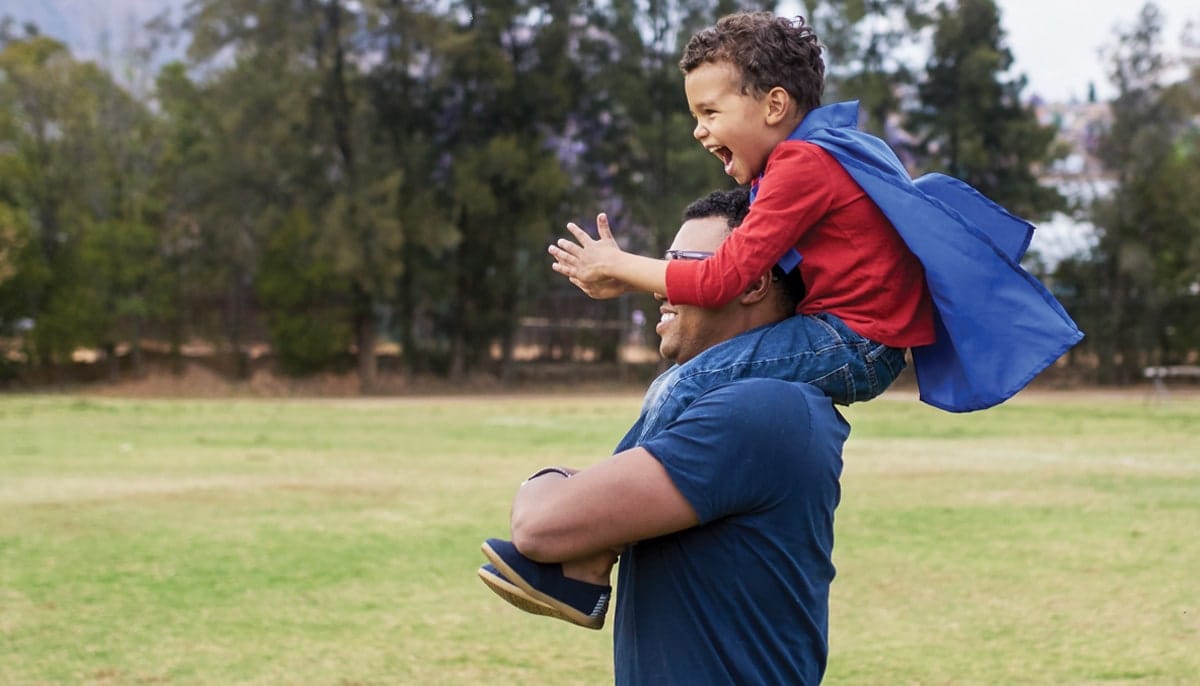As Thich Nhat Hanh says, “No mud, no lotus.” And what could be muddier than our role as parents?
When Buddhists vow to follow the precepts, we do this knowing that living them purely is near impossible. Raising children is the same. We vow to be responsible for the needs of another human being and offer the best of ourselves to them, knowing full well we will be far from perfect as parents.
When I took the Zen precepts with my teacher, Roshi Joan Halifax, she told me they are an intention to be cultivated in our hearts. The practice is to return to this intention every time we fall short, which is continually. We can bring this same attitude of a peaceful, awakening heart to our interactions with our children.
Peaceful parenting means being generous with our love and our time.
I have consulted with a number of Buddhist teachers and practitioners—most of them parents—to suggest a guide to peaceful parenting based on the ten precepts or vows taken in the Zen ceremony called Jukai. It draws on the theory of attachment parenting, which promotes the development of a secure emotional bond between parents and their children. This secure attachment depends on the parents’ ability to fulfill their children’s need for trust, empathy, and affection by providing consistent, loving, and responsive care. Here are ten ways we can do that.
1. Affirm life; do not kill.
With peaceful parenting we don’t mistreat our children, both physically and emotionally. We don’t lord our power over them and we don’t kill their dreams and spirit. We affirm their life and individuality through creating supportive and loving homes where they can feel safe to express themselves and grow.
2. Be giving; do not steal.
Peaceful parenting means being generous with our love and our time. We know that for our children to attach to us and feel supported we need to be present and available as much as possible. This can conflict with our personal wishes and desires. As bodhisattvas, we know that to not steal from our child’s needs for healthy attachments sometimes means giving up our personal needs for their benefit.
3. Honor the body; do not misuse sexuality.
A peaceful parent knows that to offer a safe, loving home to their children they must be transparent and dutiful to their partners. Living sexual life in a deceitful and harmful way does not create harmony in a home. A bodhisattva knows that sexuality has great potential to both create and destroy, and strives to manifest love and wholeness.
4. Manifest truth; do not lie.
A peaceful parent does not hide the truth of suffering from their children but does offer them a safe refuge when they face life’s turmoils. A bodhisattva is truthful to themselves so that they can manifest truth to the world, including the children in their care.
5. Proceed clearly; do not cloud the mind.
Negative and harmful ways of being manifest when intoxicated. Maintaining a baseline of sobriety is foundational both in being peaceful parents and maintaining our vows as bodhisattvas.
6. See the perfection; do not speak of others’ faults and errors.
A peaceful parent highlights growth, compassion, and accomplishment in their children. We don’t ruminate on failures but use them as learning opportunities. A peaceful parent also acknowledges their own limitations, embodies humility, and offers genuine remorse.
7. Realize self and other as one; do not elevate oneself and blame others.
Parents see themselves too much in their children sometimes. A peaceful parent lets their child fulfill their own potential; they create loving and supportive homes so that their children can become fully authentic, compassionate humans. A peaceful parent also accepts that their own parents did the best they could, as they seek to change destructive patterns they learned in childhood.
8. Give generously; do not withhold.
Giving our time and resources is part of the experience of every parent, but with peaceful parenting we do so without expectations or demands. A peaceful parent knows that desires are infinite, so part of guiding their children is to place limits on their consumption and to teach them how to take joy in giving and generosity.
9. Actualize harmony; do not be angry.
Anger is a part of being a human, but reacting in impulsive and damaging ways is the opposite of how a peaceful parent interacts with their children. Peaceful parenting is about composing oneself in bouts of anger and coming to solutions that foster harmony and unity.
10. Experience the intimacy of all things.
Peaceful parenting is about creating loving, peaceful environments so our children can grow into authentic and adapted adults, who can give and receive love without conditions and ego. Experiencing intimacy is about seeing all the conditions that arise, adapting in a peaceful and enriching way, and supporting our children through all of life’s joys and sufferings.

